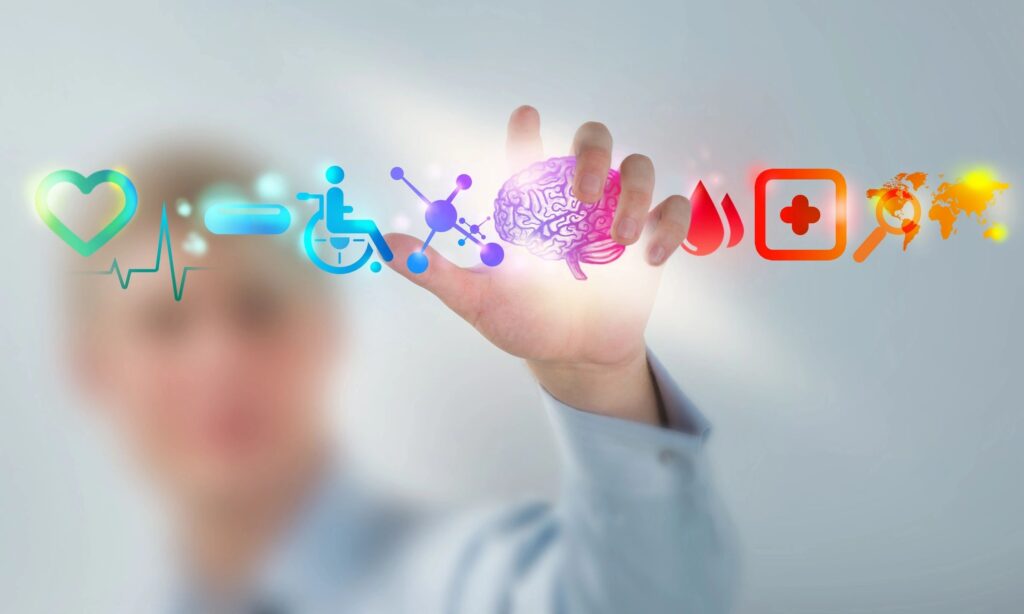

Anxiety
Occasional anxiety is a normal part of life. Many people worry about things such as health, money, or family problems. But anxiety disorders involve more than temporary worry or fear. For people with an anxiety disorder, the anxiety does not go away and can get worse over time. The symptoms can interfere with daily activities such as job performance, schoolwork, and relationships, (NIH, 2023).

Depression
Depression (also known as major depression, major depressive disorder, or clinical depression) is a common but serious mood disorder. It causes severe symptoms that affect how a person feels, thinks, and handles daily activities, such as sleeping, eating, or working, (NIH, 2023).

PTSD
Post-traumatic stress disorder (PTSD) is a disorder that can develop after exposure to a shocking, scary, or dangerous event. Anyone can develop PTSD at any age, including war veterans, children, and people who have been through a physical or sexual assault, abuse, accident, disaster, or other serious event, (NIH, 2023).

Insomnia
Extensive evidence indicates insomnia and sleep disturbances play a substantial role in degrading cognitive functioning, (NIH, 2023)

Mood Disorders
Any mood disorder represents a category of mental illnesses in which the underlying problem primarily affects a person’s persistent emotional state (their mood), (NIH, 2023).

Psychosis
Psychosis refers to a collection of symptoms that affect the mind, where there has been some loss of contact with reality. During an episode of psychosis, a person’s thoughts and perceptions are disrupted and they may have difficulty recognizing what is real and what is not, (NIH, 2023)






